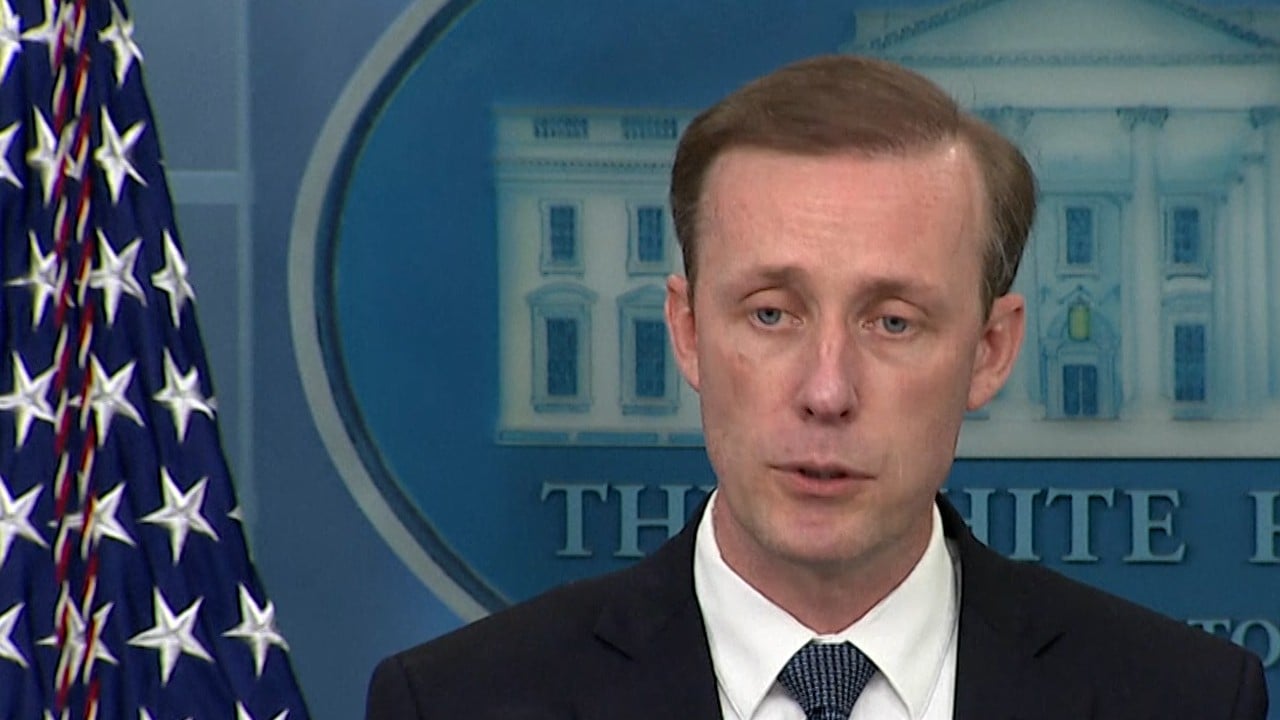Nations in Biden’s Indo-Pacific ‘framework’ are losing interest, trade group official warns
[ad_1]
A continuing lack of solid conclusions and implementations from US President Joe Biden’s Indo-Pacific Economic Framework is leading to a loss of interest from non-US members, a business group executive warned on Wednesday.
“IPEF is going to have to produce concrete, tangible and commercially relevant results in order to really maintain the bandwidth and interest of our partners in the IPEF context, particularly in Southeast Asia this year,” Marc Mealy, senior vice-president of policy at the US-Asean Business Council, said during an online panel organised by the Centre for Strategic and international Studies.
He added, however, that a degree of optimism remained that IPEF could yet produce some tangible outcomes, since Southeast Asian nations “definitely welcome” the initiative.
“We thought of it as an opportunity, but even within our membership, clearly [there’s] a wide range of concerns from the outset that it’s not enough,” Mealy said.
The US-led multilateral economic initiative, launched by Biden in 2022, seeks joint efforts from regional allies and partners to mitigate the impact of China’s dominance in key supply chains such as critical minerals.
Its founding members comprise 14 Asia-Pacific states that account for 40 per cent of the world’s gross domestic product, including seven of the 10 countries in the Association of Southeast Asian Nations.
IPEF is not itself a trade pact, but its “pillars” focus on trade, supply chains, clean energy, technology and rule of law.
Still, negotiations over IPEF’s trade pillar hit a snag in November, with the biggest impediment coming from legislators in Biden’s own Democratic Party. Some called for killing off the trade pillar entirely because of what they said was its lack of enforceable labour standards.
US and Indo-Pacific partners agree on clean energy, anti-corruption pillars
US and Indo-Pacific partners agree on clean energy, anti-corruption pillars
Uncertainties over the future of the initiative are also rising, as former president Donald Trump, the front runner for the Republican presidential nomination this year, has pledged to scrap it if he is elected again.
Mealy said that despite IPEF’s original intention to counter Beijing’s impacts, it is “very unlikely” that the framework could really hinder the growing economic relations between China and Asean countries.
“At this stage of the game, IPEF can play a role to further enhance US-Asean trade or US – Indo Pacific trade, but I don’t see it being a counter driver to the trends that we are already seeing taking place in the region,” he said.
Asean is China’s biggest trading partner. In 2023, the total trade between China and the 10-country bloc stood at US$911.7 billion, slipping by 4.9 per cent from a year earlier amid sluggish global trade, according to China customs data.
“There’s many other things going on. Whether IPEF does what it does or doesn’t do, it still has to compete with all of the other initiatives and frameworks that are not stopping and no one is waiting for the US to engage,” Mealy added.
[ad_2]
Source link


